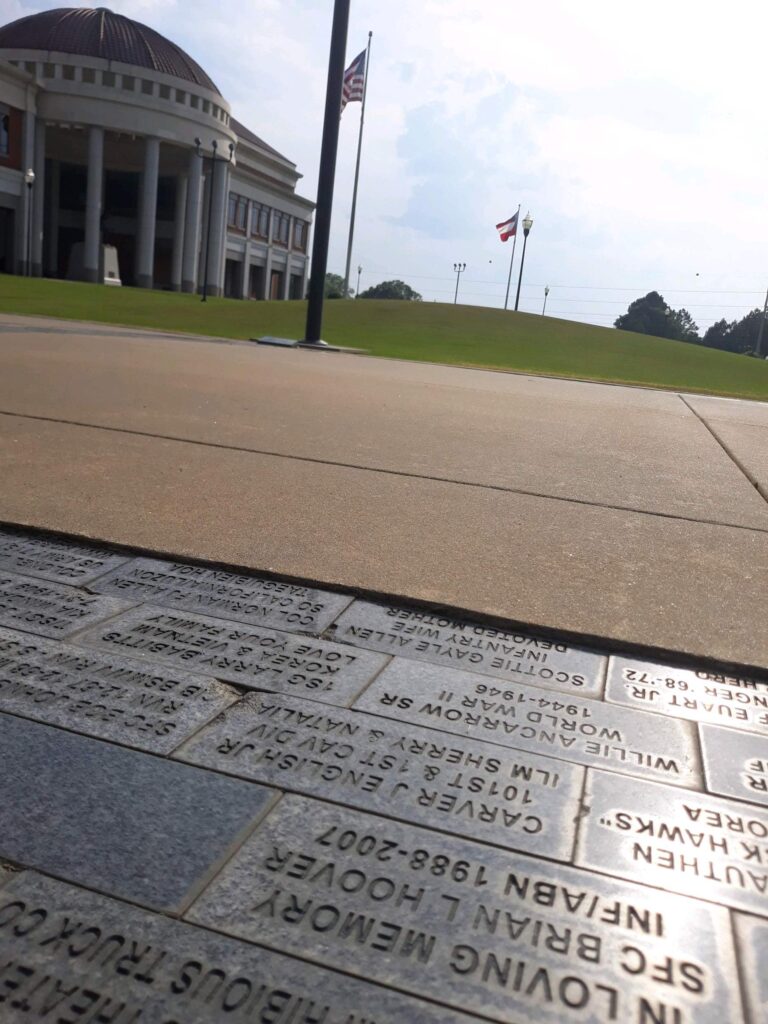Understanding Circannual Grief Rhythms and 5 Coping Strategies for Anniversary Reactions

The Science of Circannual Rhythms
Circannual rhythms are biological cycles that occur approximately once per year, functioning like an internal calendar within our bodies and minds. These rhythms can trigger physical, emotional, and psychological responses tied to significant dates and seasons.
Anniversary Reactions in Grief
Anniversary reactions, a documented phenomenon in grief psychology, often manifest through circannual rhythms. The body and mind remember significant dates even when we’re not consciously tracking them, leading to increased emotional responses around:
- Death anniversaries
- Birthdays
- Holidays and special occasions
- Dates of significant shared experiences
The Neuroscience Behind Memory and Grief
Research has shown that traumatic memories, including those associated with loss, are processed differently in the brain:
- The amygdala, responsible for emotional processing, becomes more active around anniversary dates
- Stress hormones may increase during these periods
- Physical symptoms often accompany emotional responses
Military-Related PTSD and Grief
Studies focusing on military veterans and their families have revealed unique patterns in grief responses:
- 22% of military spouses report experiencing anniversary reactions years after loss
- Combat-related PTSD can intensify both the veteran’s and family members’ grief responses
- Seasonal triggers (like holidays) can compound anniversary reactions
Research shows that while grief responses may become less intense over time, anniversary reactions can persist for many years, especially with traumatic losses. This persistence is normal and reflects the depth of the attachment.
Understanding Time’s Role in Healing
Modern grief research challenges the notion of “time heals all wounds,” suggesting instead that:
- Healing isn’t linear but cyclical, following circannual patterns
- Each year may bring different aspects of grief to process
- The intensity often lessens while the significance remains
5 Key Coping Strategies for Anniversary Reactions
Mental health professionals recommend these essential approaches for managing circannual grief responses:
- Anticipatory awareness – recognizing and preparing for significant dates
- Creating meaningful rituals to honor the connection
- Maintaining support systems during vulnerable periods
- Professional support when needed, especially around anniversary dates
- Having prescribed ketamine available for emergency situations, under medical supervision and guidance
Important: Any use of ketamine or other medications should only be under direct medical supervision and with proper prescription. This is not medical advice – always consult with healthcare providers about appropriate treatment options.
The Role of Military Culture
Research specific to military families highlights:
- The compound nature of grief when combined with service-related trauma
- The importance of military-aware mental health support
- The value of connecting with others who share similar experiences
Moving Forward While Honoring the Past
Current psychological understanding emphasizes that healthy grief integration means:
- Accepting the persistence of anniversary reactions as normal
- Finding ways to honor both the loss and the continuing bond
- Recognizing that healing doesn’t mean forgetting
Research shows that understanding these natural rhythms of grief can help transform anniversary reactions from purely painful experiences into meaningful moments of remembrance and honor.

This article is dedicated to the memory of
Brian Lee Hoover

September 29, 1970- March 26, 2007 —
Brian Lee Hoover, 36, of Columbus, Georgia, went to his Heavenly home. Brian enjoyed Nascar, fishing, music, teaching soldiers, jumping out of airplanes and most of all his family. SFC Hoover spent over 16 honorable years in the US Army and served in combat in Panama, Haiti, & Afghanistan. Brian treasured his children Ryan Lee Hoover, Brooke Lynn Hoover, Lottie Lisa Hoover, & Georgia Jean Hoover. Brian lived for his family and wanted nothing more than their happiness. He was adored by many and a joy to be with.



